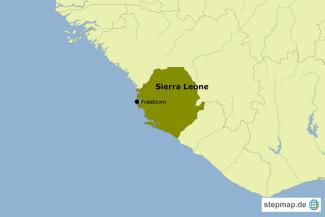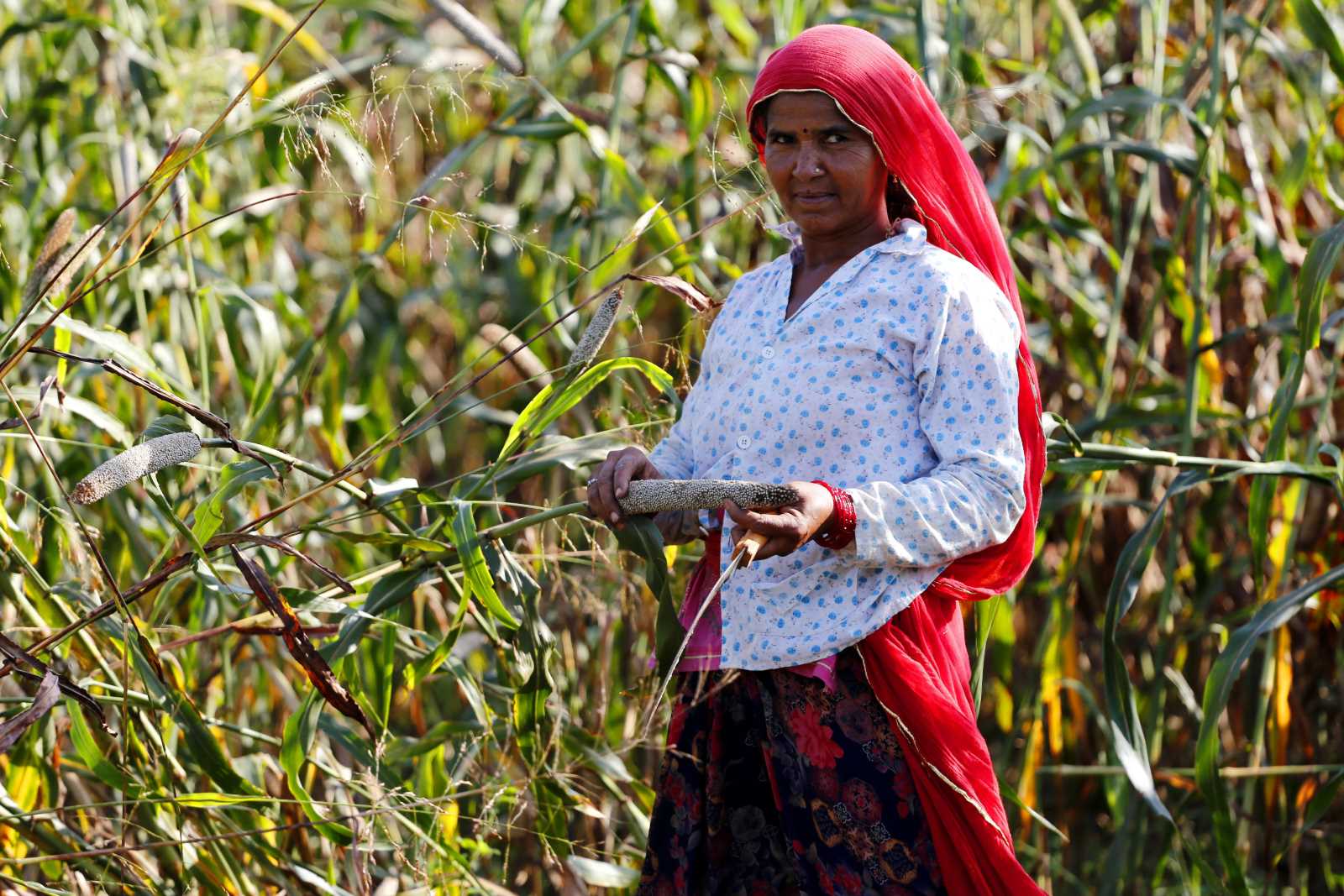Food
Hunger in Ebola quarantine

With the epicentres of Ebola in south-eastern Sierra Leone having been on lockdown for half a year, I decided to go and see for myself how the quarantined people were holding up. The only means of transportation to Kenema district are police and military vehicles or ambulances, so I boarded a police car. The first home I visited belonged to Ibrahim Sowa who lives with his two wives, eight children and other relatives – 16 persons in total. Sowa’s cousin who was visiting had contracted the virus and died, hence quarantine was imposed on their home.
“We were provided with a bag of rice and staples to last for 21 days,” Ibrahim Sowa says. In some quarantined homes, the food ran out before the end of the 21-day period and was not replenished by the authorities. Large families have no option but to wait out the quarantine period with little or no resources. During quarantine, Ibrahim Sowa’s wife was not allowed to take her new-born baby to a clinic for post-natal observation, nor was the service provided in their home.
According to Disease Surveillance Officer Gbessay Saffa, aside from “monitoring quarantined persons symptoms, it is not the mandate of the government to provide medical services.” Quarantined homes are monitored periodically by disease surveillance officers, to see whether anyone is exhibiting symptoms of Ebola. Suspected cases are then taken to holding centres for further observation. Saffa claims that few are willing to admit they have symptoms until they experience a total breakdown of their immune systems, at which point it is too late for medical intervention. This puts other inhabitants of quarantined homes at risk and defeats the purpose of the quarantine, and it also suggests lapses in the surveillance process.
Sierra Leone is a beneficiary of international help to combat Ebola, yet the primary complaint by the quarantined people is lack of food, which leads them to break the quarantine: Momodu Sesay, a resident of a quarantined home in the northern district Makeni, claims that the food they were supplied with was insufficient, so “I have no choice but to venture out in search of more.” According to district coordinator Patrick Moriba, the civil-society organisation ActionAid International is “feeding children in the quarantined homes across the country.”
Alie Yunus Kallay is a journalist, radio presenter and publisher. He lives in Freetown, Sierra Leone.
aliup88@gmail.com
Links:
ActionAid International Sierra Leone:
http://www.actionaid.org/sierra-leone












